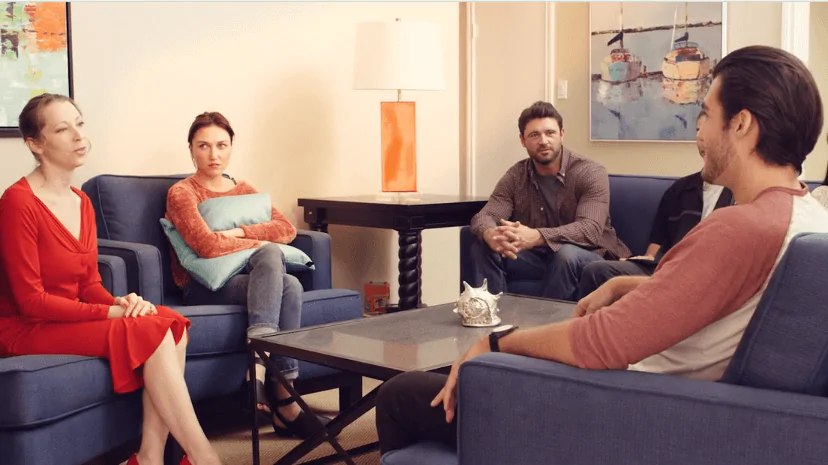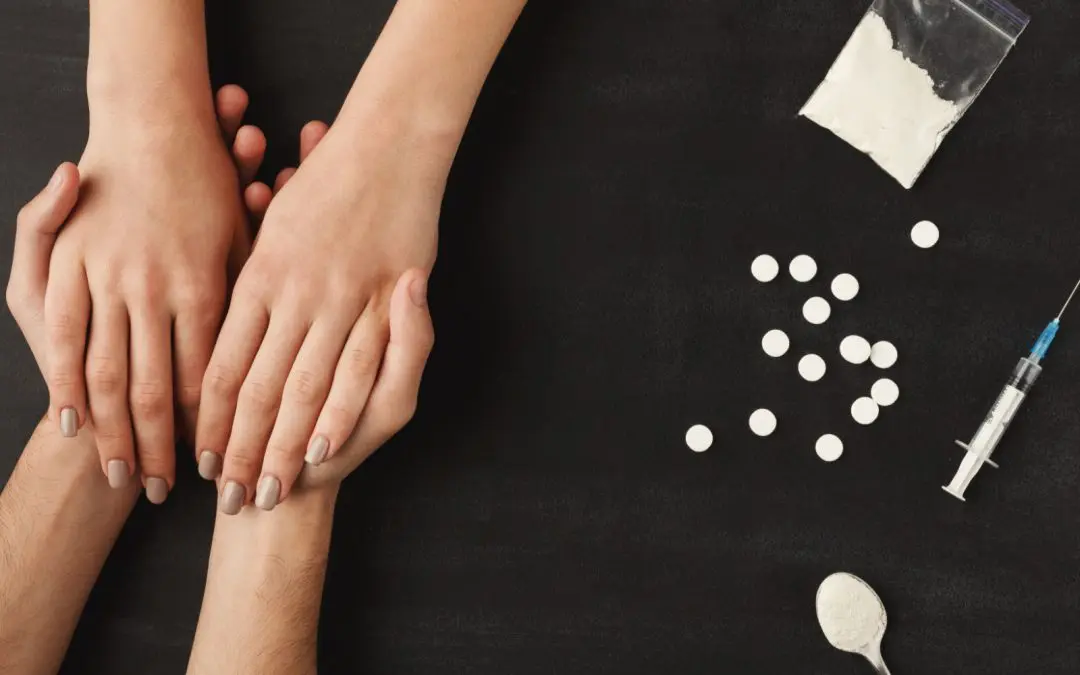24/7 Helpline:
(866) 899-221924/7 Helpline:
(866) 899-2219
Learn more about Outpatient Rehab centers in Picayune
Outpatient Rehab in Other Cities

Other Insurance Options

Anthem

Molina Healthcare

Holman Group

Optima

Group Health Incorporated

ComPsych

Magellan Health
Beacon

WellPoint

Access to Recovery (ATR) Voucher

Optum

Amerigroup

Providence

Magellan

Evernorth

Kaiser Permanente

EmblemHealth

Absolute Total Care

Private insurance

BHS | Behavioral Health Systems

Gulf Coast Mental Health Center
Gulf Coast Mental Health Center is community mental health center providing a wide range of mental h...






















Teen Challenge of Mississippi
Teen Challenge of Mississippi is a non-profit Christian organization who aims to help women with lif...










